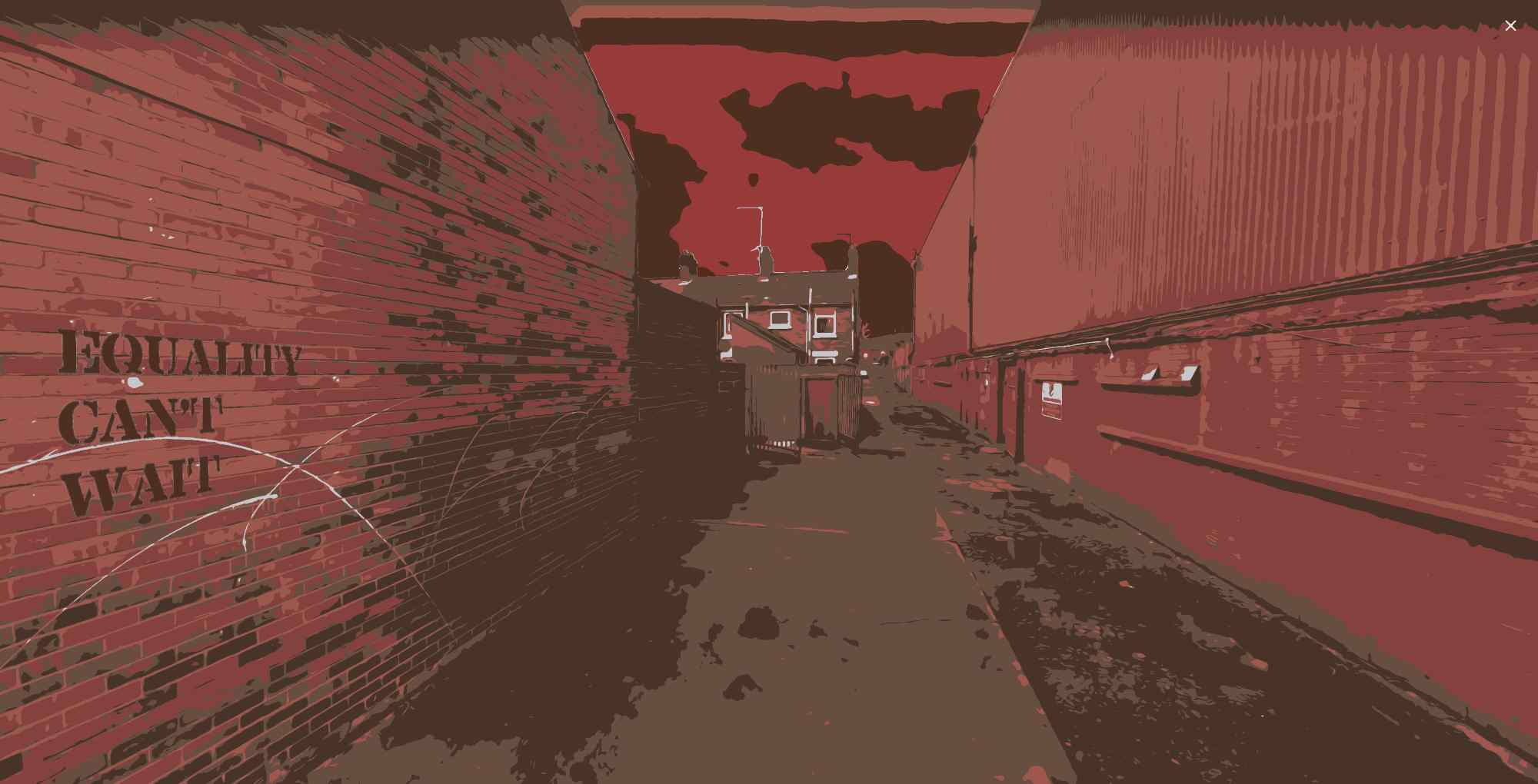
Policy Watch
An eye on policy changes in Ireland, the UK and beyond
Education and young people in the asylum system in Northern Ireland
In mid-2021, the Home Office (through its contracted asylum accommodation provider Mears Group) began placing people seeking safety in Northern Ireland in hostels set up in hotels. In June 2021, according to Home Office information obtained by Freedom of Information, there were 14 people in this ‘contingency accommodation’; by end June 2023 there were 1,244. They are dispersed amongst 20+ hostels across the north.
People placed in these settings report being largely deprived of interaction with local neighbours. The isolation and controlled conditions – which for some, can last for up to a year and more – risk causing additional harm to people who already traumatised on their journeys or by the events and environments from which they fled.
To make things worse, many children are denied a school place, and feel acutely the lack of contact with other children, structure and a daily routine. In autumn 2022, while noting some progress in Education Authority efforts (supported by Anaka Women’s Collective) to enrol smaller children, parents raised concerns about blockages in placing older ones: ‘my son, a seventeen year old, has depression issues because he was not able to go to school since last year". Young people who managed to secure highly sought after places at College of Sanctuary Belfast Met were blocked from attending by the lack of transport assistance, given their £9.58/week Home Office allowance.
The duty to provide education and training
All children, without discrimination, have the legal right to an education (Convention on the Rights of the Child article 28), which is integral to promotion and protection of many other rights. Yet the specific barriers facing these young people are poorly understood in NI and the current budget cuts are often used as justification for failings in this area (despite the fact that international law obliges states to spend the maximum available resources to ensure access to education and similar rights).
The Education and Libraries (NI) Order 1986 (para. 46) sets compulsory school age at 4 years, continuing up until the end of the school year in which the child turns 16. The reality for asylum seeker children is different. Key stage 4 (years 11 and 12, so 15- and 16-year-olds) are by far the most unlikely to find a place, though even some 13 and 14-year-olds struggle. (This issue features in recent research from QUB and the Nuffield Foundation (p. 27, 64, 65).) The Department for the Economy has responsibility for employment and skills training, including apprenticeships, for 16+ young people; but to date has not responded to the needs of this group.
What we know about this group of young people
A 2023 survey carried out by PPR and Anaka amongst 35 Belfast asylum seekers aged 16-25 who were out of education during term time revealed that 40% had attended high school before coming to NI, and another 40% had completed it. These young people have high aspirations, and described themselves as working towards a wide range of professions and roles. But they need help in getting there: currently only 30% report attending English classes (despite the fact that over half have been here for six months or more). Two thirds of them described their level of English as beginner or pre-intermediate.
The community’s own response
In response, beginning this summer (2023) Anaka and #KindEconomy partners have organised a network of volunteer teachers from the local community and from amongst people seeking international protection here, to set up and provide classes in a range of subjects for young people unable to access what should be theirs by right from the State. Resources are very limited and yet people with nothing are volunteering their time and effort to fill the gap and invest in these children and young people’s futures.
Read or download the full briefing from PPR’s online library
